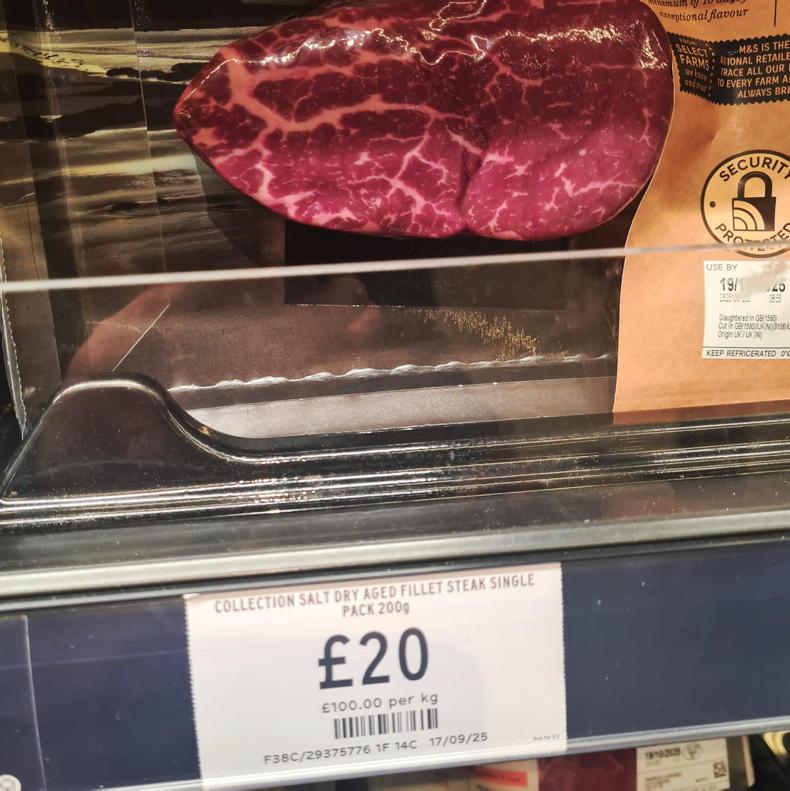Ireland’s agri-food industry is bracing for potentially severe disruption due to the expected spread of the coronavirus in this country over the coming weeks.
On Wednesday, officials from the Department of Agriculture held emergency meetings with representatives of the Irish meat and dairy industry to assess how well-prepared dairy co-ops, meat processors and food companies are for potentially massive disruption.
In the dairy industry, the biggest risk facing the sector is to ensure staff numbers can be maintained in order to continue processing milk as Ireland moves towards peak milk production.
This starts all the way from milk collection to pasteurisation, packing, and through to storage. The development of a national taskforce to do risk mitigation at processing level is essential.
Milk processors all over Ireland are mapping out what would happen at processing sites if 30%, 40% or 50% of their workforce were not available. Staff might need to be retrained so they can cover other critical roles within the business.
On Monday, French dairy giant Danone cancelled a planned event at its infant formula plant in Wexford that was due to be attended by Emmanuel Faber, the global CEO of Danone.
Meat industry
In the meat industry, concerns are equally high over the impact the coronavirus outbreak could have on day-to-day operations.
By its very nature, processing and deboning carcases in a meat plant is a lot more labour-intensive than what is needed to process milk.
Beef factories have contingency plans in place to maintain operations if any employees contract the disease. The large number of beef processing factories in Ireland means processors have options on the table if employees at one site contract the disease.
However, there is major concern in the pig and poultry industry where the number of processing plants is highly concentrated. An outbreak among staff at any of these sites could severely affect pork or poultry output in Ireland over the coming months.
In Northern Ireland, a senior figure in the meat industry said processors were looking at ensuring employees are not in close contact when working on the line but also at what impact this would have on workflow.
From a consumption perspective, the impact of the coronavirus outbreak is being most acutely felt in the foodservice industry.
As consumers reduce their movement to just essential trips, hotels, restaurants, coffee shops and other food outlets are reporting a collapse in sales.
Many restaurants in Dublin have seen bookings fall by as much as 80% this week as customers cancel lunch and dinner plans in public places.










SHARING OPTIONS